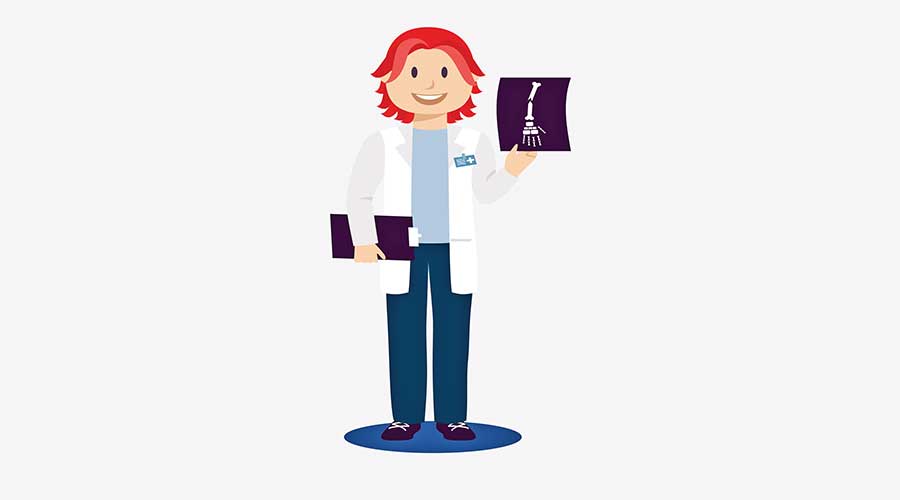ASK A PHYSICAL THERAPIST
- 20 Apr - 26 Apr, 2024

Knock knees can be associated with knee, hip and back pain. Furthermore, correction of the deformity will often alleviate the pain. If a patient is overweight and has knock knees, then losing weight will help the hip and back pain. Knock knees are often related to leg length differences. A leg length inequality will often lead to hip and back pain. Having the legs equalised will help treat the pain. Consult with a physician for the best course of treatment.
Recovery varies between patients. Most people recover about three months after surgery. Sticking to your physical therapy plan and good postoperative pain control are paramount during the first six weeks after surgery.
Overall, standing desks are a great way to cut back on the amount of sitting we do. The key is really to change positions more frequently during the day, and in general, people are spending way too much time in a seated position. Standing more can improve blood flow, focus and take stress off of the neck and back.
Joints can make different noises – some are serious and some are not. Some people learn how to "pop their knuckles." By pushing or pulling a joint in a certain way an air bubble can suddenly appear in the joint with a "pop." Once the bubble is there the joint cannot be popped again until the air has been reabsorbed. Some joints crack as the ligaments and tendons that pass over them slide past bumps on the bones. Individuals who "crack their neck" make noise in this way. Other joints lock up intermittently – often with a loud pop – because something gets caught in between the joint surfaces. A torn cartilage in the knee or a loose piece of bone or cartilage in the joint can do this. Once a joint is stuck in this way, it may need to be wiggled around to unlock it. This may also cause a pop. Finally joints that are arthritic may crack and grind. These noises usually occur each time the joint is moved.
This noise is due to the roughness of the joint surface due to loss of the smooth cartilage.
COMMENTS